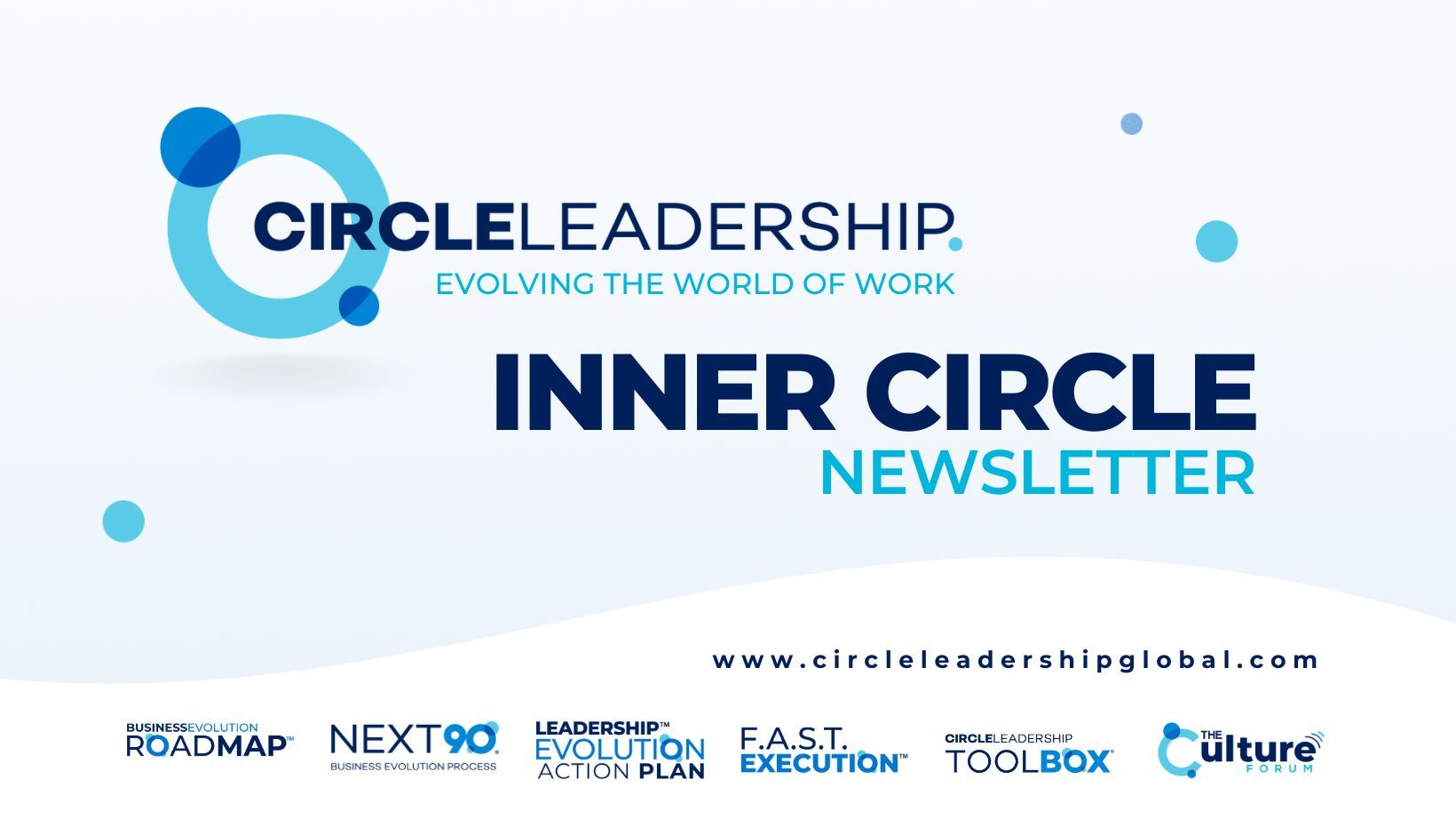The Future of Work: Embracing Ecosystem Organizations
Jan 17, 2024
In the rapidly evolving business world, the concept of 'ecosystem organizations' is gaining significant traction. This shift marks a departure from traditional business models that prioritized numbers and profits, leading us toward a more interconnected and collaborative approach.
But why is the old 'business operating system' insufficient in today's context?
The Traditional Business Model
Historically, businesses have been driven by a singular focus on financial metrics and bottom-line results. This approach, while effective in certain contexts, often overlooks the broader picture, including employee well-being, environmental impact, and long-term sustainability.
The Rise of Ecosystem Organizations
Ecosystem organizations represent a paradigm shift. They are characterized by their focus on collaboration, sustainability, and a holistic approach to success. Unlike traditional models, ecosystem organizations prioritize the interconnectivity of various stakeholders, including employees, customers, and the environment.
Leadership in Ecosystem Organizations
Leadership within these organizations plays a pivotal role. It's about moving from 'egosystems' – where decisions are top-down and centrally focused – to 'ecosystems', where leadership is about empowering, facilitating, and harmonizing diverse contributions.

Collaborative Work Environments
At the heart of ecosystem organizations is collaboration. This approach fosters innovation and creativity, as seen in companies that have embraced open communication channels and teamwork-centric cultures.
"Collaboration is when logos and egos are off the table, and no one cares who gets the credit, and we are all here for the greater good." - a #Clarism
Based on this, collaboration can only thrive in an ecosystem.
Technology in Ecosystem Organizations
Technology serves as a backbone for these organizations. From collaborative tools to AI-driven analytics, tech empowers ecosystem organizations to be more agile and data-informed.
Employee Well-being and Engagement
Putting employees at the center, these organizations see increased engagement and retention of talent. This human-centric approach leads to better performance and a more committed workforce.
Sustainable Practices in Ecosystem Organizations
Sustainability is no longer an option but a necessity. Ecosystem organizations integrate environmental considerations into their core strategies, ensuring long-term viability.
Challenges and Solutions
Transitioning to an ecosystem model is not without challenges. However, with the right strategies, such as fostering a culture of openness and adaptability, these obstacles can be overcome.
The Role of Innovation
Innovation is a key driver in these organizations. Encouraging creative thinking and experimentation is essential for staying ahead in a fast-paced world.
"You used to be paid to work, not to think. Well in this new world, you will be paid to think, not to work." -a #Clarism
The Global Impact
The shift to ecosystem organizations has global implications. It's reshaping how businesses operate on the international stage, promoting more collaborative and ethical practices.
Preparing for the Future
To thrive in this new era, individuals and organizations must develop skills and mindsets that align with ecosystem principles. Adaptability, continuous learning, and a collaborative spirit are crucial.
Where to from here?
The transition to ecosystem organizations is not just a trend but a necessary evolution in the world of work
Embracing this model means moving beyond mere profit metrics to create a more sustainable, inclusive, and innovative business environment. It's about recognizing that true success lies in the health and harmony of the entire business ecosystem – from employees to the planet. By adopting this approach, we can ensure that our businesses not only survive but thrive in the future.
It's no longer about being the best in the world, but being the best for the world.
FAQs
- What distinguishes an ecosystem organization from a traditional business? Ecosystem organizations focus on holistic success, including employee well-being, environmental sustainability, and collaborative innovation, unlike traditional businesses that primarily focus on financial metrics.
- How does leadership differ in ecosystem organizations? Leadership in ecosystem organizations is more about empowering and harmonizing diverse contributions, moving away from top-down decision-making to a more inclusive and collaborative approach.
- Can small businesses adopt the ecosystem model effectively? Yes, businesses of all sizes can adopt this model. The key is to focus on collaboration, sustainability, and a holistic approach to business success.
- Are ecosystem organizations more resilient to market changes? Typically, yes. Their focus on adaptability, innovation, and a broad stakeholder approach often makes them more resilient to changes in the market.
- How can a company transition to an ecosystem model? Transitioning involves rethinking leadership, embracing technology, prioritizing employee well-being, and integrating sustainable practices into the core strategy.
It's time to lead different.
Together we can...
#EvolveTheWorldOfWork
Dave Clare - CEO & Founder
WEEKLY CLARISM

Please see above...you get the point.
